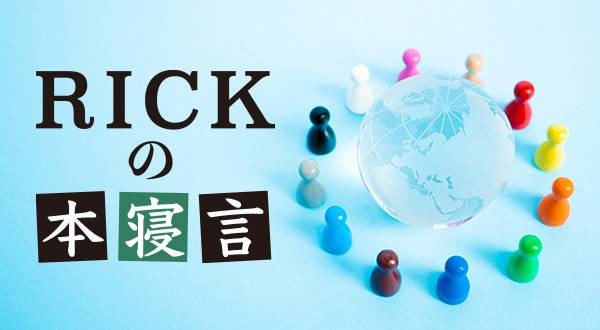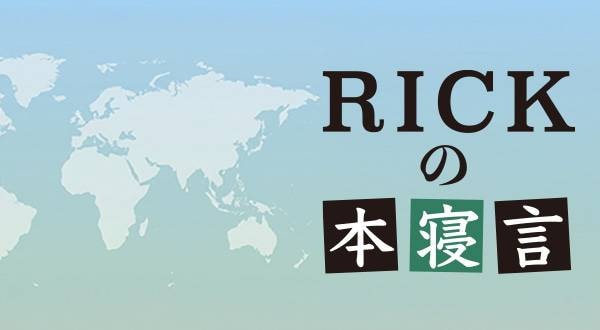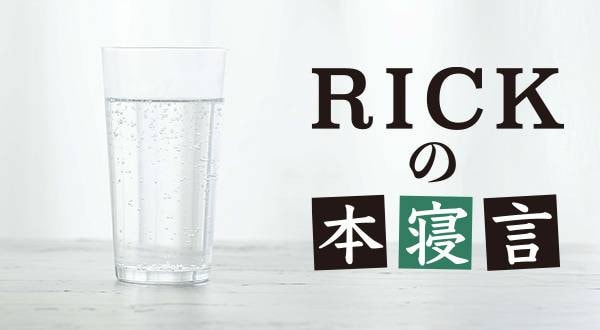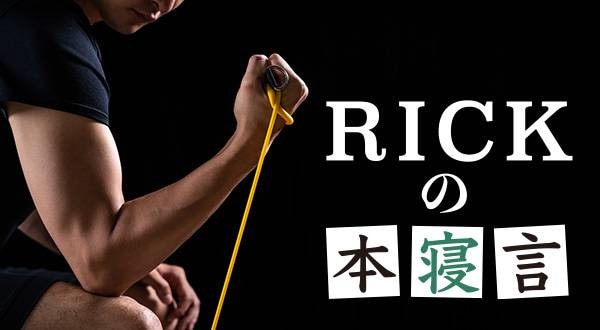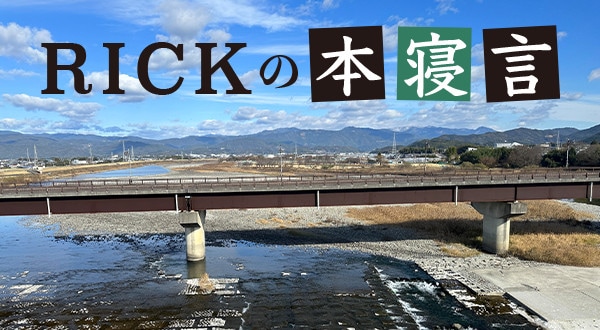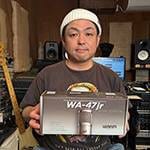On February 6, Seiji Ozawa, a world-class conductor, passed away at the age of 88. It is a great pity. I feel a sense of emptiness at the thought that I will no longer be able to see his powerful, passionate, and dynamic conducting in which he used his entire body. Mr. Ozawa was born in the former Manchuria. He was immersed in music from a young age and learned to conduct an orchestra in his teens during the war. In 1959, soon after the war, he boarded a cargo ship to France to study music in his 20s, and won the Besançon International Conducting Competition held there. He has since gone on to become a superhuman success, serving as Assistant Conductor of the New York Philharmonic and Music Director of the San Francisco Symphony before becoming Music Director of the Boston Symphony Orchestra in 1973, a position he held for nearly 30 years. It is nothing short of amazing.
Throughout his life, Mr. Ozawa demonstrated his talents as an educator and leader. He was always open to music, boldly challenging himself until he fully understood Western music, while at the same time always trying to nurture the younger generation. “ I am but only a dot in history, so I have to nurture the younger generation," he said. If each individual's ability reaches the world's standard, all art and work will have no borders." In 2000, Ozawa opened the Seiji Ozawa Music School in Nagano Prefecture, where he not only taught chamber music to string players, but also created a music festival in Matsumoto City. Until his later years, he devoted his time to the education of young musicians from all over the world, teaching them the importance of listening to each other's sound thoroughly.
At the root of this belief is the conviction that "music connects the world as a lingua franca," and this is the only reason why he has always maintained an attitude of facing the world. Mr. Ozawa has witnessed how classical music, a culture that originated in the West, has become a universal language that connects people all over the world. Because of this precious experience, in the midst of an age when everyone is asking about nationality as a matter of course and thinking that we are Japanese, Mr. Ozawa answered in a TV interview that everyone "has to be a world citizen. What is great about Japan is its people. We need to mix more with the world here and there. We must never become narrow-minded," he continued passionately. These are the words of Mr. Ozawa, who knows the importance of music as a universal language that transcends countries and cultures.
Not only in the world of music, but now, thanks to the Internet age that began in the 1990s, the entire world is linked together in the digital world. Today, information from all over the world can be shared by anyone, and the world is now overflowing with information. Nowadays, the use of AI is accelerating at a rapid pace and has surpassed the human brain. There exists an imaginary bag of wisdom that processes unimaginably huge amounts of data, and many people have become deeply interested in the data transmitted by the AI. In the Internet society, where the use of AI is a major premise, there are no longer borders, races, or anything else. The world is one. Therefore, now that we live in an Internet society, it is time for us Japanese to break away from our insularity and become international and global citizens.
Although not as much as Mr. Ozawa, I too left Japan in 1973 and spent the next nearly 20 years in the U.S. from my teens to my early 30s. Somewhere along the way, I came to realize that I have a hybrid aspect, being half Japanese and half American. This reality was felt more and more when I spoke the language. When I speak Japanese, I become a Japanese person with a Japanese atmosphere, but once I started speaking English, it was as if my personality had changed and I became American. As I traveled around the world and the world seemed smaller and smaller, I found myself becoming more and more internationalized. Before I knew it, I had become a global citizen. This may have contributed to my success in starting my own company, Sound House.
Now let's get back to the work story. Sound House was founded as an import business from the United States. Behind the rapid growth in a short period of time was the rapid development of overseas connections, especially tie-ups with U.S. manufacturers. It is no exaggeration to say that Sound House's strength was dependent on our own English language skills and its ability to do business like an American. In the blink of an eye, I was able to establish relationships of trust with many overseas manufacturers while signing distributor contracts with them. Three years after its establishment, Sound House even traveled as far as China to partner with many factories to develop our own brand of Sound House goods. After making more than a hundred overseas trips over the years, I began to realize that national borders were gradually disappearing from his mind. Now, a business trip from Japan to the U.S. is like a leisurely stroll in my mind's eye.
I know that my example is extreme. However, in order for Sound House to survive in an increasingly AI-oriented society, we must all become international and global citizens, just as musicians become international citizens through the power of music that transcends national borders. This is the trend of the times, and if we fail to do so, we will one day be left behind. However, unlike Mr. Ozawa, I have not been able to educate young people to that extent. The difference between Mr. Ozawa and myself is obvious. He is on a different level from me. Mr. Ozawa has been visited by young people from all over the world who want to learn directly from him. I am sure that the teachers must have felt a sense of fulfillment from being in the presence of motivated young people with vision and purpose. However, none of the young people who join my company want to learn from the founder of Sound House. In fact, these days, many young people want to do what they want to do in their own way, in their own original way. Even if I wanted to teach them something important, they would not be in the mood to receive it. In fact, if I say something even a little harsh to them, I find that they become discouraged. What is going on here? Could it be that my humanity is lacking?
In the meantime, I am getting older. Although I have been trying to tell myself that this is a turning point in my life, I cannot deny that my body is starting to suffer from problems here and there. In a car race, it’s as if I had to make a pit stop every lap. Nevertheless, once I get out of the pit stop, I am able to run at full speed. This is my style, and I am determined to carry it through to the finish line. Therefore, I still have a lot of energy left in me. This is why, even on an 80-kilometer pilgrimage, I am able to push on alone until I reach the goal.
After all, there is no future for Sound House without educating the younger generation. To do this, you must have young people who will listen to what you have to say. If they don't listen, you have to wait until they are more willing to do so. As the saying goes, "Let's wait until the cuckoo cries.” I don't know if I have the patience to wait that long. But, I am running out of options and there are only so many paths left to take. After all, the words of wisdom in the Old Testament hint at a guideline that will lead to the path of salvation.
There is an appointed time for everything that happens under heaven.
When to be born, when to die
A time to seek, a time to lose
A time to keep, a time to release
A time to be silent, a time to speak








